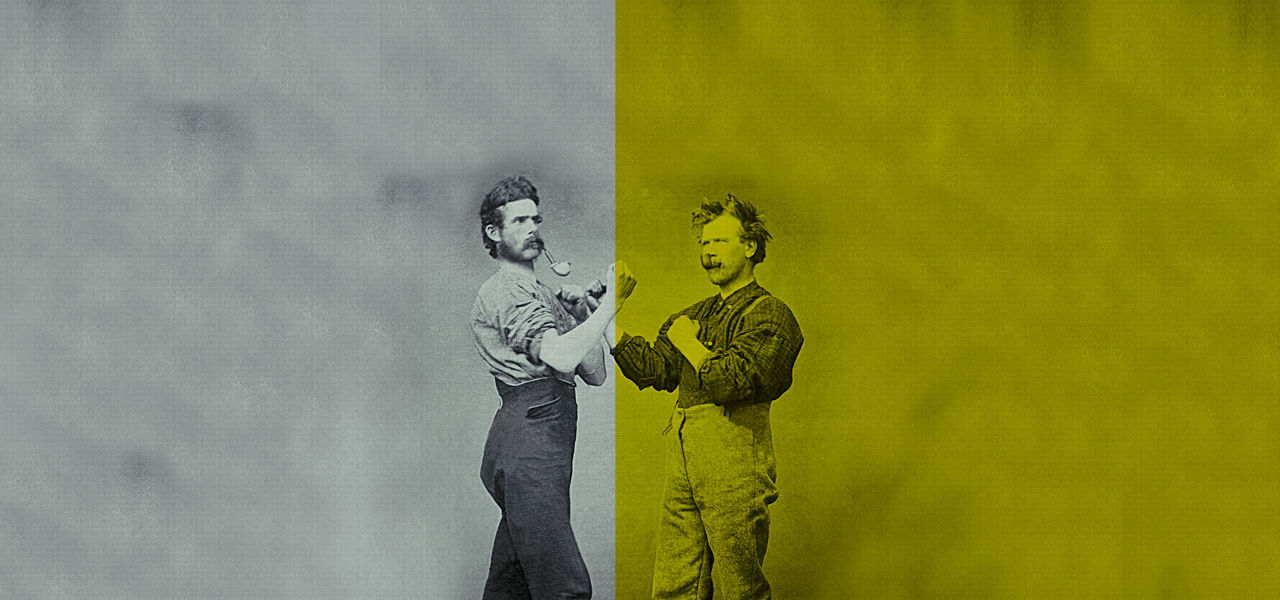
Michel Foucault (French: [miʃɛl fuko]; born Paul-Michel Foucault) (15 October 1926 – 25 June 1984) was a French philosopher, historian of ideas, social theorist, philologist and literary critic. His theories addressed the relationship between power and knowledge, and how they are used as a form of social control through societal institutions. Though often cited as a post-structuralist and postmodernist, Foucault rejected these labels, preferring to present his thought as a critical history of modernity. His thought has been highly influential both for academic and for activist groups, such as within post-anarchism.[2]
Born in Poitiers, France, into an upper-middle-class family, Foucault was educated at the Lycée Henri-IV and then at the École Normale Supérieure, where he developed an interest in philosophy and came under the influence of his tutors Jean Hyppolite and Louis Althusser. After several years as a cultural diplomat abroad, he returned to France and published his first major book, The History of Madness. After obtaining work between 1960 and 1966 at the University of Clermont-Ferrand, he produced two more significant publications, The Birth of the Clinic and The Order of Things, which displayed his increasing involvement with structuralism, a theoretical movement in social anthropology from which he later distanced himself. These first three histories exemplified a historiographical
technique Foucault was developing called "archaeology". (Wikipedia)

Foucault has become one of the most prominent European influences directing the pursuit of theory in recent American literaty studies. Not as integrated as Barthes and Derrida. Unlike most poststructuralists, Foucault is less concerned with language at the level of the sign and much more concerned with the relationship of language and social institutions, a relationship that he calls "discourse." to examine language at the level of discource is to identify the institutioal rules that make possible particular signification and, consequently, make possible particular forms of knowledge. He viewed literature as a socially determined discursive practice.
What is an Author -
ecriture -
1st today's writing has freed itself fro the dimension of expression. referrs only to itself.
The death of the author is a part of 20th century thinking.
Not the same in film studies. Auteur (French word for author) theory - set of ideas developed by French film scholars in 1950s. They said director should be called the auteur. But they must have a consistent stamp - niche. Even today the auteur theory has lost prominence in film studies.
Discourse helps us understand the ideologic of languguge. Discours is language that takes on a socio ideology authority. Discourses are empowering, but also limiting.
Post structuralism takes Saussers work and adds sociology and history.
"Madness in Civilization" 1961
He's exploring insandity. Social definitions of insanity are influenced culturally.
"The Birth of a Clinic" 1963 The rise of the hospital
"The Order of Things" 1966
"The Archeology of Knowledge" 1969
"Discipline & Punishment" 1975 Rise of prison and using punishment
Panopticon -
cells with prisoners
point of surveilance
in center
made it easier
to see cells
Designed by English
philosopher
Jeremy Bentham
in the late 18th century
This influenced novelists with how to see and survey.
"History of Sexuality - 3 vols." gender relations - challenging
He tries to go away from notion of an author conventional definition of author and goes more towards generic. Uses it as part of speech. He's faulting "words on the page" as doing away with authorship.
Intentional fallacy - the error or mistake of judging the work based on the intentions of the author.
New critics: were insistent that inteiontal fallacy didn't matter - "words on the page"
Writers are not always aware of what they're doing.
The authors intentions should be found in the "words ont he page"
Fouccault says, but wait, the work has an author.
Post Structuralism - Saussere's closed nature, but yet is grounded in that theory. they wanted to re-integrate history. How can we maintain that form and sturcutre, but yet free it from being closed?
Author is classifitory. The author's name is another way of classifying the work.
The author is a proper noun. Classificatory
Discourse - autere theater
rhetorical effect on reader
Author function suggests difference between conventional way of author and his definition of author.
Advertising is a cutlural discourse
Exampe: The name in Campbell's soup is a clasification. Hisotiran of age of reason or enlightmentn
Foucault thinks of author as a noun.